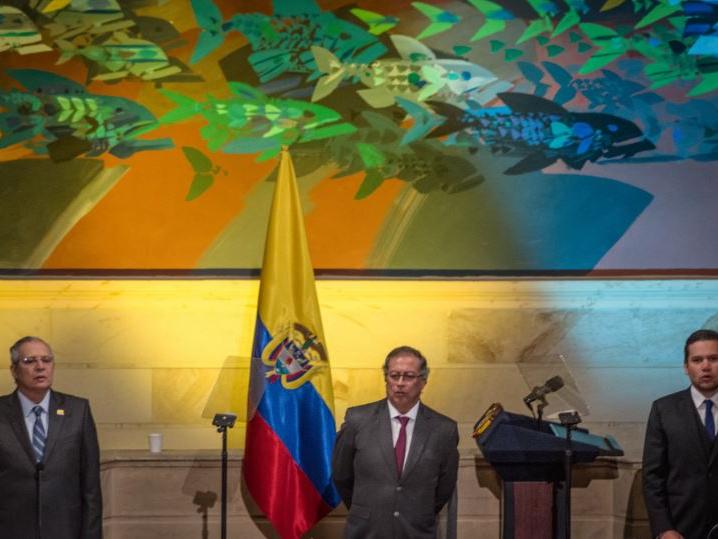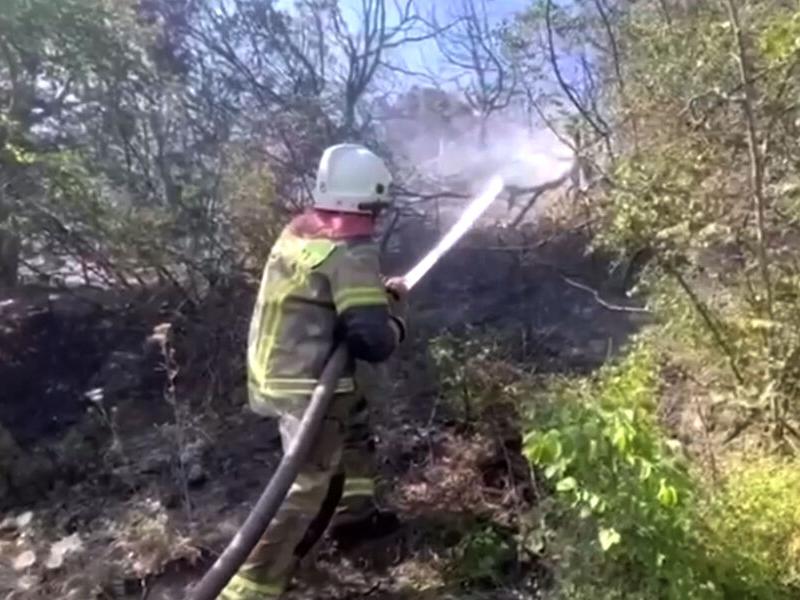Colombian President Gustavo Petro opened a new legislative period on July 20, 2024, with a controversial speech addressing the corruption scandal in the National Unit for Disaster Risk Management (UNGRD) and proposing a national agreement to rescue his government’s reforms. Petro apologized for the scandal, stating, ‘I have to ask for forgiveness because I was the one who put Olmedo López there and there is a political responsibility, and I have to assume it. I ask you and the people for forgiveness, the victim is the Colombian people’.The scandal involves the misappropriation of millions of dollars, with former UNGRD director Olmedo López and subdirector Sneyder Pinilla accused of embezzling funds and using them to support government projects in Congress. The controversy has implicated several government officials, including Finance Minister Ricardo Bonilla, though Petro defended Bonilla as an honest person.Despite the scandal, Petro emphasized the need for economic transformation and reforms. He proposed a national agreement to rescue his government’s initiatives, including healthcare and agricultural reforms, calling for dialogue between the executive and legislative branches. Petro also announced plans to present a series of bills to accelerate the implementation of the 2016 Peace Agreement.However, the opposition strongly criticized Petro’s speech and his government’s performance. Senators Miguel Uribe from the Centro Democrático party and David Luna from Cambio Radical questioned Petro’s diagnosis of the country’s situation, citing issues with security, corruption, and economic performance. They accused Petro of speaking about ‘a country that does not exist’ and using public funds to finance guerrillas.As the new legislative period begins, Petro faces significant challenges in passing his reform package through Congress, where he lacks a solid majority. The corruption scandal has further complicated these efforts, putting pressure on the government’s ability to implement its ambitious social and economic agenda.
Key points
- President Petro apologized for the UNGRD corruption scandal and took political responsibility.
- Petro proposed a national agreement to rescue his government’s reforms and emphasized dialogue with Congress.
- Opposition leaders strongly criticized Petro’s speech and his government’s performance.
- The corruption scandal and lack of a solid majority in Congress pose challenges for Petro’s reform agenda.
Contradictions👾While Petro defended Finance Minister Ricardo Bonilla as honest, opposition members have implicated him in the corruption scandal.
👾Petro claims his government has achieved its campaign promises, but opposition leaders argue that the country’s situation has worsened under his leadership.



